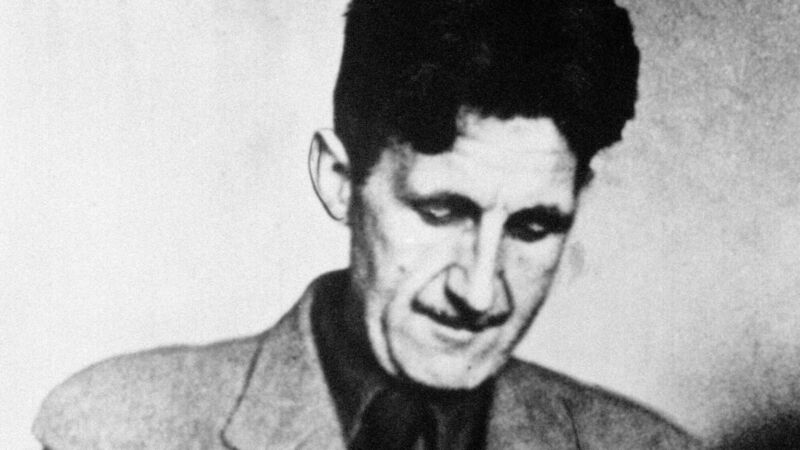Book Review: DJ Taylor gets to the heart of George Orwell.... who still remains elusive

Undated file photo of George Orwell.
- Orwell: The New Life
- DJ Taylor
- Constable, €24.99
Try from €1.50 / week
SUBSCRIBE
Undated file photo of George Orwell.
Already a subscriber? Sign in
You have reached your article limit.
Annual €130 €80
Best value
Monthly €12€6 / month
Introductory offers for new customers. Annual billed once for first year. Renews at €130. Monthly initial discount (first 3 months) billed monthly, then €12 a month. Ts&Cs apply.
Newsletter
Music, film art, culture, books and more from Munster and beyond.......curated weekly by the Irish Examiner Arts Editor.
Newsletter
Music, film art, culture, books and more from Munster and beyond.......curated weekly by the Irish Examiner Arts Editor.
© Examiner Echo Group Limited